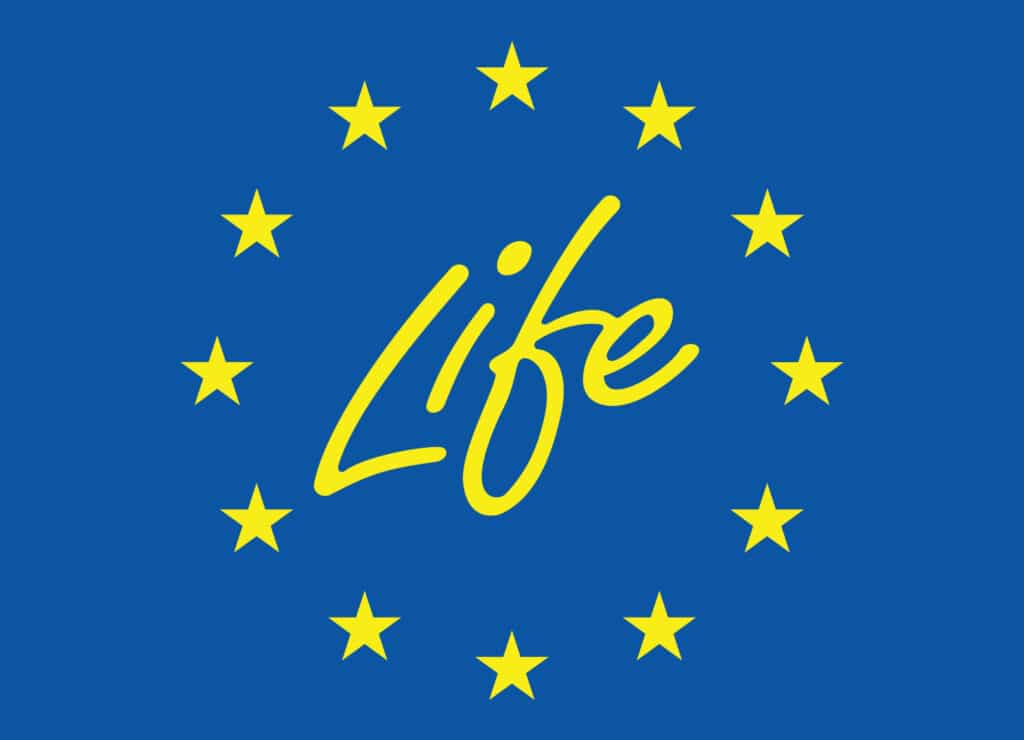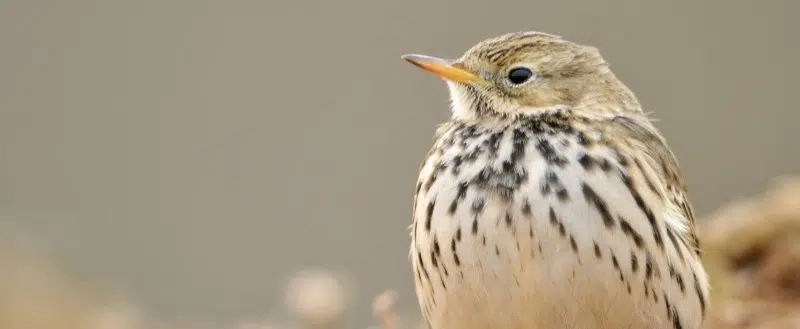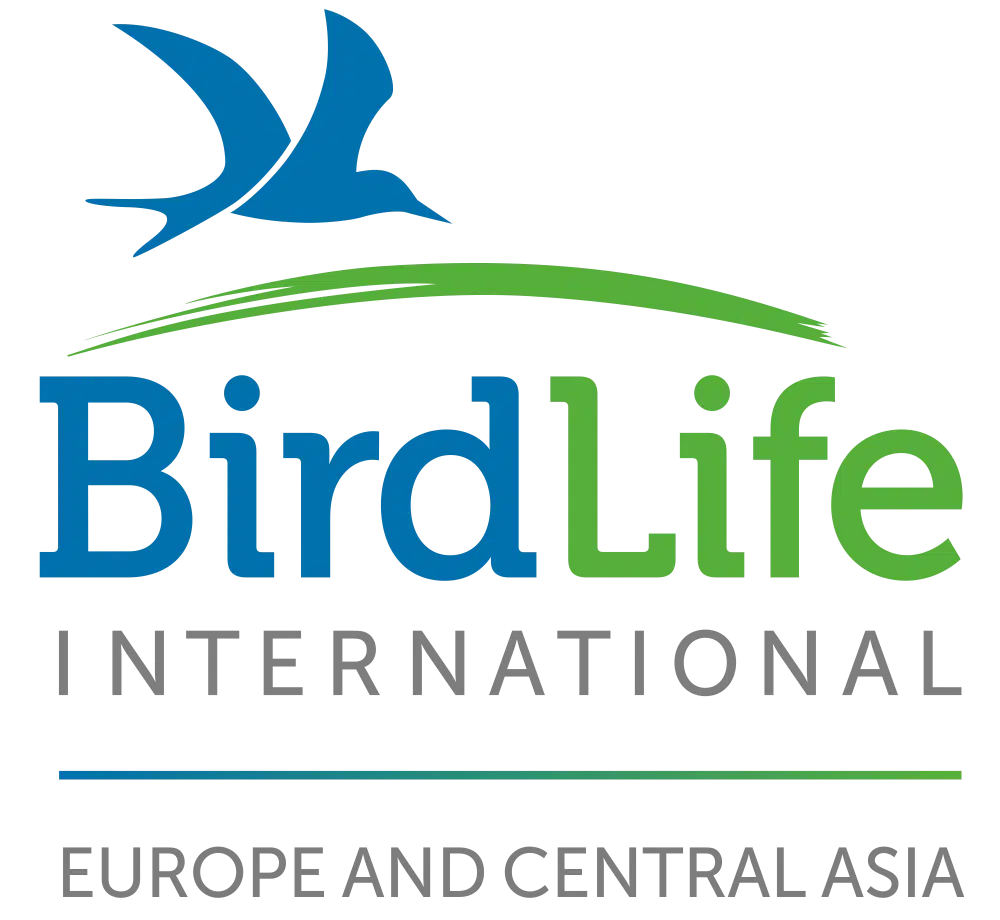A new path for EU agriculture

Europe's food and farming systems stand at a crossroads, facing mounting challenges from environmental degradation to geopolitical turmoil. The Strategic Dialogue, initiated by European Commission President Ursula von der Leyen brought together key players from across the sector to create a shared vision for the future of Europe’s food and farming systems. This initiative emerged in the wake of mounting pressures such as the recent farmers' protests, the ongoing war in Ukraine, and the ever increasing impacts of the nature and climate crises.
The strategic dialogue and its vision for change
Over the course of seven months, 29 diverse stakeholders, including environmental NGOs like BirdLife, farming unions such as Copa-Cogeca, young farmers groups like CEJA, consumer groups like the European Consumer Organization, industry representatives like EuroCommerce, and academia worked together to craft a shared vision.
Their collaborative efforts culminated in a landmark report titled “A Shared Prospect for Farming and Food in Europe”, which was presented to the President von der Leyen on September 4th. This document plays a pivotal role in shaping her agricultural agenda, to be delivered within the first 100 days of her second mandate, marking a significant step toward reshaping EU farming and food systems.
What this means for nature
Europe’s ecosystems are under strain. Bird populations are plummeting, water sources are increasingly polluted by manure from intensive livestock farming, and farmers who practice sustainable agriculture lack the support they need. This stark reality underscores the need for urgent change, the key message echoed in the Strategic Dialogue report: “The time for change is now”. The report emphasises the urgent need for a systemic transformation of the EU’s food and farming landscape, and advocates for an inclusive, fair transition that benefits everyone, from farmers to consumers.
For BirdLife, several key outcomes of the Dialogue are critical to ensure that the needs of biodiversity are addressed alongside agricultural reforms:
- Enforcing environmental legislation: Maintaining and fully enforcing existing environmental legislation, including the Birds and Habitats Directives, the Nitrates Directive, and the Water Framework Directive.
- A Common Agricultural Policy that works: Moving away from untargeted area-based payments and towards effective income support targeting those in greatest need—especially small and young farmers, as well as those farming in areas with natural constraints. The CAP should also incentivise targeted environmental payments encouraging farmers to enhance ecosystem services while providing them with a stable supplementary income that delivers value to taxpayers.
- Establishing a Nature Restoration Fund: Supporting farmers and other land managers to restore and manage natural habitats at scale, and to facilitate the implementation of the Nature Restoration Law.
- Sustainable consumption policies: Creating food environments where healthy, sustainable and balanced diets are accessible, affordable, and appealing to all consumers. Central to this is the shift towards more plant-based options, which have a lower environmental impact. As this transition will affect the income and economic viability of livestock farmers and producers, their adaptation should be supported, including through the Agri-food Just Transition Fund (AJTF), a temporary fund established outside of the CAP.
- Reducing greenhouse gas emissions: Calls for introducing policy tools to reduce green-house gas emissions in the farming sector and across the food value chain, as well as addressing the regional overconcentration of livestock.
Challenges ahead
Even before the ink had dried on the Strategic Dialogue report, some agricultural unions began raising concerns and questioning its conclusions. But the consensus reached was grounded in undeniable realities: the status quo is no longer an option. If farming unions resist the necessary change, they risk leading their members into deeper environmental and economic crises.
The Strategic Dialogue provides a clear roadmap for the future of European agriculture. It is now up to the Commission to act on it and turn it into policies that work for both people and nature. Change will not come easily, but it is essential if we are to ensure the resilience of our farming communities and protect the planet for future generations.
Picture by Rafal Szozda/ Shutterstock
You might also be interested in:
 | Stichting BirdLife Europe gratefully acknowledges financial support from the European Commission. All content and opinions expressed on these pages are solely those of Stichting BirdLife Europe. The European Commission is not responsible for any use that may be made of the information it contains. |









